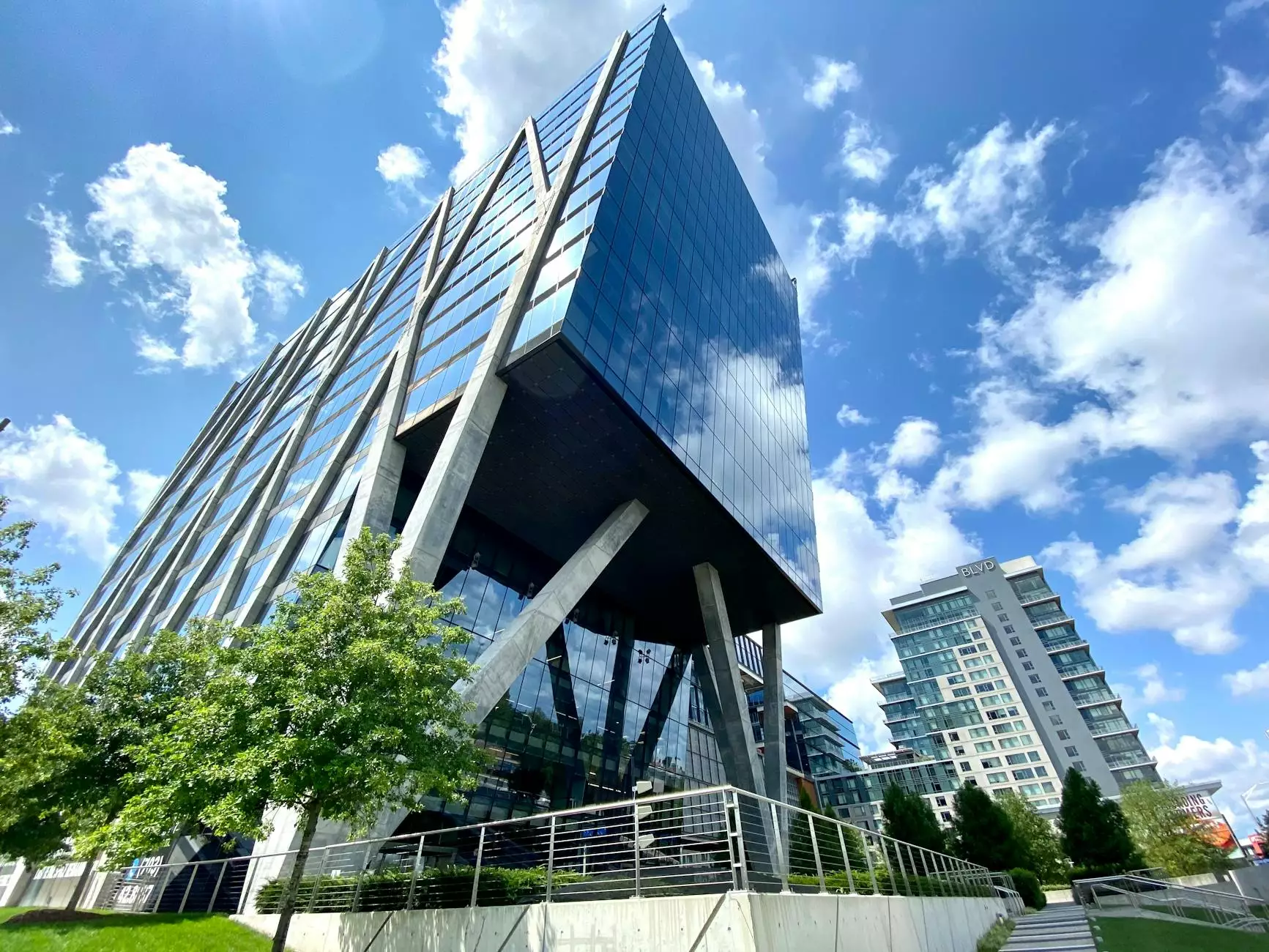Understanding Gastric Sleeve Cost: A Comprehensive Guide

What is Gastric Sleeve Surgery?
Gastric sleeve surgery, clinically known as the sleeve gastrectomy, is a popular weight-loss procedure designed for individuals struggling with obesity. During this minimally invasive surgery, approximately 80% of the stomach is removed, transforming it into a tubular structure that resembles a banana. This significant reduction in stomach size limits food intake and induces hormonal changes that promote weight loss.
Why Consider Gastric Sleeve Surgery?
Individuals often consider gastric sleeve surgery for a variety of reasons, including:
- Significant obesity-related health issues such as diabetes, hypertension, and sleep apnea.
- Failure of traditional weight-loss methods, such as dieting and exercise.
- Desire for a healthier lifestyle and an improvement in quality of life.
- Long-term weight management and sustained weight loss results.
Factors Influencing Gastric Sleeve Cost
The gastric sleeve cost can vary significantly based on multiple factors. Understanding these factors can help prospective patients make informed decisions. Below, we detail the core elements that contribute to the overall expense of the procedure:
1. Geographical Location
The cost of gastric sleeve surgery can differ from one region to another. Urban centers often have higher costs due to increased demand and operating expenses. For instance, surgeries in metropolitan areas like New York or Los Angeles typically exceed those in smaller towns.
2. Hospital or Surgical Center Fees
The facility where the surgery is performed plays a substantial role in the total cost. Options include:
- Hospitals: Typically have higher overhead costs, which can increase the price.
- Outpatient surgical centers: Often offer more competitive pricing while providing high-quality care.
3. Surgeon’s Experience and Reputation
The credentials and experience of the surgeon performing the gastric sleeve surgery can also impact costs. Renowned surgeons with extensive experience and a successful track record may command higher fees. While higher costs can be daunting, investing in a skilled surgeon can significantly enhance safety and overall results.
4. Pre-operative and Post-operative Care
The comprehensive care surrounding the surgery is vital to ensure a smooth process. Pre-operative consultations, nutritional counseling, and follow-up appointments contribute to the overall cost. Make sure to ask about these expenses when budgeting for your surgery.
5. Health Insurance Coverage
Insurance can dramatically influence the out-of-pocket expense for gastric sleeve surgery. Many insurers have specific criteria for coverage, including:
- Body Mass Index (BMI): Often, patients must have a BMI of 40 or higher, or 35 with obesity-related health conditions.
- Documented weight-loss attempts: Insurance companies may require proof of unsuccessful weight-loss efforts before approving coverage.
- Approved healthcare facilities: Surgeries performed at accredited facilities are more likely covered by insurance.
Always consult with your insurance provider to grasp your coverage and potential out-of-pocket costs.
6. Financing Options
For those without adequate insurance coverage, various financing options are available, including:
- Payment plans: Many clinics offer structured payment plans to ease financial burdens.
- Medical loans: Third-party companies specialize in medical financing, providing personal loans to cover surgery costs.
- Health Savings Accounts (HSAs): If eligible, using an HSA can reduce taxable income and allow for tax-free withdrawals for medical expenses.
Average Gastric Sleeve Cost
The gastric sleeve cost typically ranges from $15,000 to $30,000 in the United States. However, in other countries, costs can be significantly lower—some international clinics offer prices as low as $4,000 to $10,000 for surgery. Before making decisions, ensure you consider the quality of care and the facility when comparing costs across different locations.
Long-Term Financial Considerations
While the initial costs may appear substantial, factoring in the long-term benefits can present a different perspective. Consider the following:
1. Health Cost Savings
By achieving significant weight loss, many patients experience a decrease in obesity-related health costs, such as:
- Reduced medication expenses for conditions like diabetes and hypertension.
- Lower healthcare costs related to obesity complications.
- Improved overall health and decreased frequency of doctor visits.
2. Enhanced Quality of Life
Many patients report an improved quality of life, leading to increased physical activity and better mental health. The social and emotional benefits of weight loss can be invaluable.
3. Return on Investment (ROI)
Understanding the long-term value of gastric sleeve surgery is crucial. Many patients achieve significant weight loss and maintain it over time. This can lead to:
- Increased productivity at work due to improved health.
- Fewer sick days and a more active lifestyle.
- Greater opportunities for career advancement and personal relationships due to enhanced confidence.
Choosing the Right Surgeon and Facility
Selecting the appropriate surgeon and facility is vital for ensuring safety and successful outcomes. When researching potential options, consider the following:
- Check credentials and board certifications. Ensure the surgeon is certified by reputable medical boards.
- Seek reviews and testimonials from previous patients regarding their experiences.
- Visit the facility: Schedule consultations to assess the environment and meet the surgical team.
Preparing for Gastric Sleeve Surgery
Preparation is crucial for the success of gastric sleeve surgery. Key steps include:
- Pre-operative assessments: Undergoing necessary medical evaluations and tests.
- Nutrition counseling: Adopting a pre-surgery diet to optimize health.
- Setting realistic goals: Understanding what to expect post-surgery regarding weight loss and lifestyle changes.
The Road to Recovery: A Post-Operative Perspective
Post-operative recovery is a vital phase where patients adjust to their new lifestyle. It entails:
- Dietary changes: Transitioning to a liquid diet post-surgery, followed by gradual reintroduction of food.
- Regular follow-ups: Maintaining appointments with the healthcare team to monitor progress and resolve issues.
- Engaging in physical activity: Following the recommended exercise regimen to enhance weight loss.
Conclusion
The gastric sleeve cost encompasses more than just the price of surgery; it includes a comprehensive evaluation of factors that could influence the overall expense and long-term health benefits. By educating yourself on these dynamics and consulting with qualified professionals, you can make a well-informed decision regarding your journey to a healthier weight and improved quality of life.
For more information or to schedule a consultation with our specialists at Clinic Health Beauty, visit our website today.









